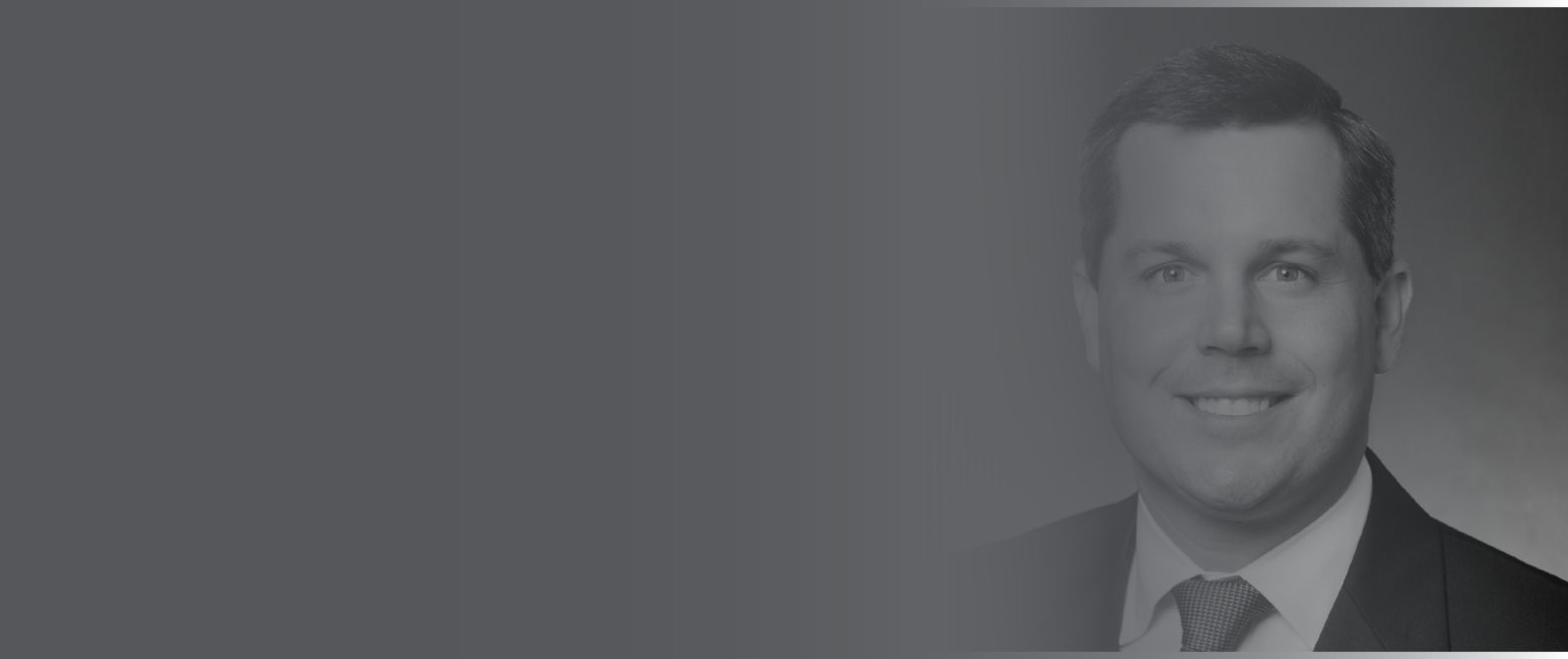The FORT Podcast: James Hill
James Hill is the Chief Strategy Officer / Fort Worth Market President at Access Bank. He has 12+ years of expert banking experience, specializing in commercial and real estate lending. Born and raised in Fort Worth, Texas, James is a graduate of the Business Honors Program at the University of Texas at Austin as well as TCU, receiving his MBA in the Accelerated Program. He is currently adjunct faculty in the finance department of the business school at TCU and was elected to the Tarrant Regional Water District Board in May 2017.
On this episode of The FORT, James and Chris dive deep into the world of banking, lending, and the importance of having a great relationship with your banker. Chris also touches on how the pandemic brought him to James for an in-depth “Banking 101” class in order to be as informed as possible when navigating the future. They also answer some questions sent in from Twitter.
Listen on:
Spotify
Apple Podcasts
02:26 — James’s Background
03:53 — Not Being the “Prototypical” Banker
05:40 — Relationships Are Important During COVID
07:13 — How do you view your relationship with borrowers and how should borrowers think about their relationships with their bank?
10:25 — How do banks set their reserve methodology?
12:30 — If a loan is going into default, are the banks the first to lose out but also make interest?
13:11 — How does the bank approach a potentially bad situation?
15:59 – What happens when you have a good relationship with a bank but you’re about to be in a default situation?
21:02 — If a bank has a lot of bad loans on its balance sheet, does that affect its ability to borrow from the Federal Government?
21:44 — If you have personal recourse on a loan, and the delta was not met, how do they figure out how it’s paid out over time?
23:55 — How do non-recourse loans work?
28:28 — Should I move everything over to one bank or should I use multiple banks?
29:33 — When were you notified about the idea of PPP, what did the process of implementing it into your daily life look like as a banker?
32:36 — Question from Twitter for James: “To what extent does the reputation of the borrower matter?
34:37 — What are the ‘C’s’ in your credit program?
35:14 — What might change in banking coming out of the crisis?
36:57 — What does it mean for a bank to be more well-capitalized now vs. during the ’08 crash?
38:24 — Foreclosure Protocols Across Different States
40:34 — Pinpointing Value In This Climate
42:05 — If I have a loan maturing in the next 4-5 months, how does one evaluate whether to extend their loan?
48:21 — Given the current environment, when are banks suggesting is a good time to buy again?
50:55 — How do you start a bank and how much liquidity do you need to get one up and running?
53:07 — Where is the banking industry headed over the next decade?
Episode Summary
James Hill’s initial foray into real estate was marked by hands-on involvement in residential deals. This foundational experience, combined with challenges and successes, provided him with a unique perspective that he carried into the commercial real estate realm. His journey from residential to commercial wasn’t just a change in scale but also brought forward a host of new challenges and learning opportunities. One of the significant lessons Hill emphasized was the importance of networking and fostering relationships. In the real estate game, connections often pave the way for lucrative deals and collaborations.
The shift in market dynamics, especially with the rise of e-commerce, has brought new paradigms to the forefront of commercial real estate. Hill accentuated the importance of location, particularly the value of being strategically positioned near transportation hubs, as logistics and accessibility play a pivotal role in today’s market.
With technology reshaping virtually every industry, real estate is no exception. James highlighted the revolutionary impact of technology on property management and operations. From streamlining processes to enhancing customer experiences with tools like virtual reality for property tours, technology’s imprint on the industry is undeniable.
Sustainability, a buzzword of the modern era, has also found its place in real estate considerations. Hill pointed out the increasing demand for eco-friendly structures and the challenges that come with retrofitting older, less energy-efficient buildings. The push towards green buildings is not just about environmental consciousness but also about long-term cost efficiency.
Investment insights from James Hill, given his vast experience, are nothing short of gold. For prospective investors, he underscored the importance of meticulous due diligence, understanding evolving market trends, and astute risk assessment. The real estate terrain is fraught with unpredictability, and having a comprehensive risk mitigation strategy is paramount.
Drawing from past experiences, Hill recounted the tumultuous times during the 2008 financial crisis, offering a lens into his strategic moves that allowed him to weather the storm. Adaptability, according to Hill, is the cornerstone of surviving and thriving amidst market upheavals.
As the conversation meandered towards mentorship, Hill’s reverence for his mentors was palpable. He credited much of his success to the guidance and advice he received in his formative years. Moreover, he emphasized the cyclical nature of mentorship, where today he finds himself guiding young professionals, passing on the torch of knowledge.
The podcast wouldn’t have been complete without touching upon the pandemic’s impact on the real estate sector. With the world grappling with unprecedented challenges, the commercial real estate sector, especially office spaces, is at a crossroads. Hill and Powers delved into the future of workspaces, contemplating the potential shift towards hybrid models that blend physical and remote working.
For those aspiring to carve a niche in real estate, Hill’s parting wisdom revolved around continuous learning, effective networking, and staying abreast of industry shifts. In the dynamic world of real estate, staying stagnant is not an option.
